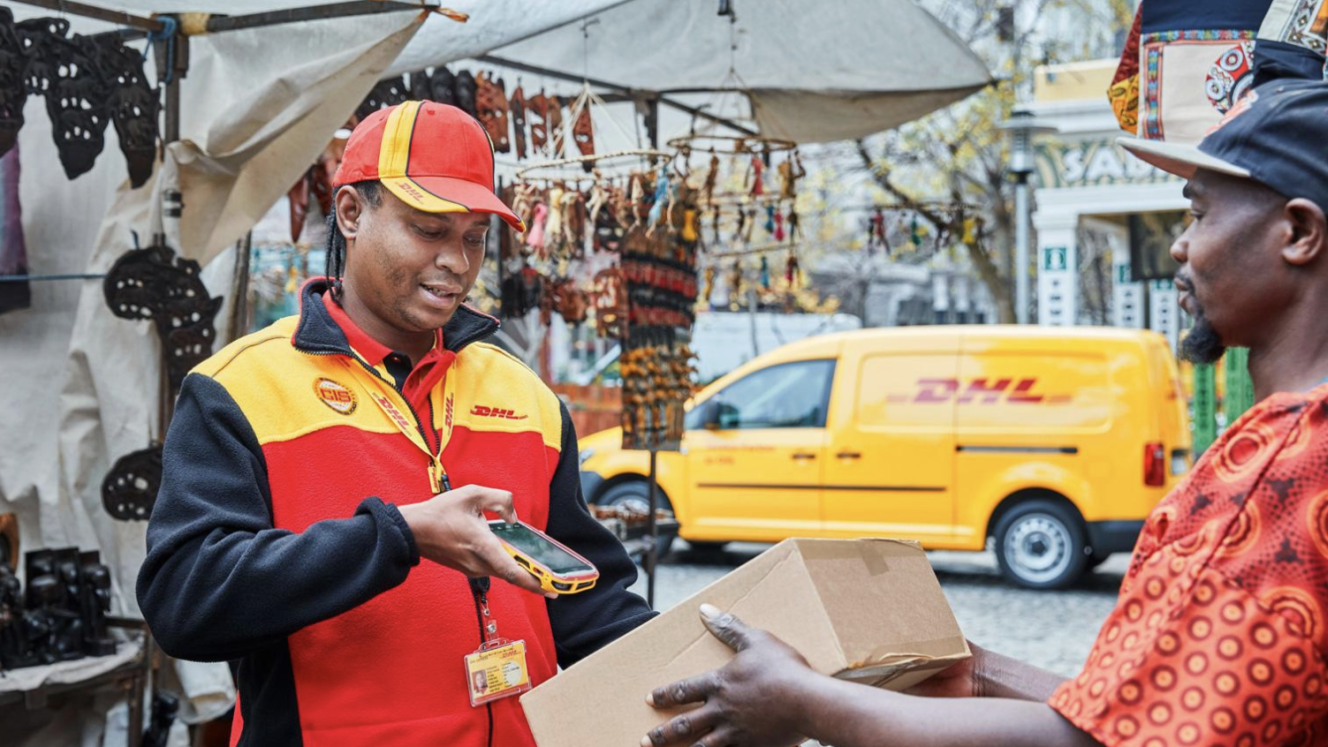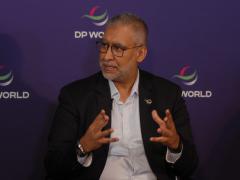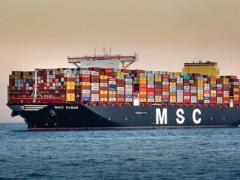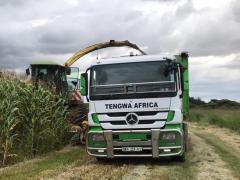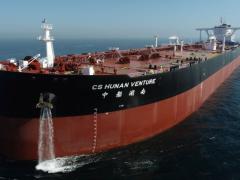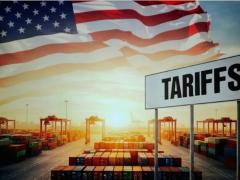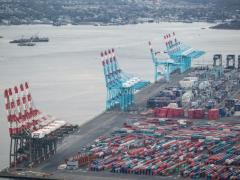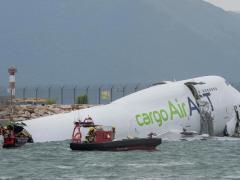DHL Group has announced that it plans to invest more than €300 million in Sub-Saharan Africa (SSA) with a focus on health supply chains in South Africa and better connectivity for cities emerging as “demand centres” under AfCFTA.
The company said the multi-year initiative would be deployed across DHL Express, DHL Global Forwarding and DHL Supply Chain to expand infrastructure, enhance service capabilities and unlock opportunities across sectors including e-commerce, perishables, energy and healthcare.
According to the latest update of the DHL Global Connectedness Tracker, Sub-Saharan Africa led all world regions in the first half of 2025 with a 10% year-on-year increase in trade value (in current US dollars), ahead of North America at 7% and South Central America, Caribbean at 5%.
Current forecasts as of September 2025 indicate the region’s trade volume will grow by an average of 4.3% per year over 2025 to 2029, the second-fastest globally behind South and Central Asia.
“Africa is at a pivotal moment in its trade journey,” said John Pearson, CEO of DHL Express.
“Despite global volatility, the continent continues to show resilience and momentum. Our investment reflects confidence in Africa’s trajectory … by strengthening our network and capabilities, we aim to make it easier for African businesses, from small and medium enterprises (SMEs) to large corporates, to compete on the world stage,” he said.
The supply chain division will add capacity and transport-led solutions with a clear focus on the transporter sector and life sciences and healthcare, including additional temperature-sensitive capability to support healthcare flows as supply chains mature, particularly as demand for third-party logistics services continues to grow in South Africa.
DHL Supply Chain Middle East & Africa CEO Orkun Saruhanoglu said the division was expanding in South Africa as the economy gained momentum and supply chains became more sophisticated.
“We are seeing growing demand for specialised, outsourced logistics, particularly in life sciences and healthcare and across the transporter sector,” Saruhanoglu said.
“By adding capacity, strengthening transport-led solutions and applying our contract logistics expertise, we will help customers improve service quality, manage risk and scale with confidence.”
Across its express business, the investment will include upgrading gateways, adding aviation uplift and extending time-definite coverage into second cities that are emerging as demand centres under AfCFTA. The company plans to link these cities more tightly to Africa–Europe and Africa–Asia lanes, building on recent growth in Ethiopia and Nigeria.
DHL Express Sub-Saharan Africa CEO Hennie Heymans said the focus was to be “closer to customers” and to make cross-border shipping simpler and more reliable.
“As trade expands, businesses are asking for predictable transit times, consistent delivery performance and support that understands local conditions. By raising the bar on service and proximity, we will help more African companies trade efficiently and compete on a bigger stage,” Heymans said.
The company’s global forwarding division is expanding its capabilities in energy and industrial projects, supporting Africa’s role in the global energy transition, enhancing cold-chain and perishables logistics for agriculture and horticulture exporters, and scaling its expertise in life sciences and healthcare.
DHL Global Forwarding Middle East & Africa CEO Amadou Diallo said customers were navigating shifting trade patterns and tighter regulatory requirements, so reliability and visibility mattered more than ever.
“We are strengthening forwarding solutions with deeper local expertise and enhanced digital tools, giving clients clearer control of their shipments from origin to destination. The goal is straightforward: keep goods moving predictably and help customers capture growth where demand is emerging,” Diallo said.
The company is also investing in programmes that extend participation in trade and support sustainable growth.
Through its GoTrade initiative, the company provides SMEs with training and customs expertise to access international markets. It is also advancing digitalisation through AI-enabled monitoring, route optimization, and digital customs tools to reduce friction in cross-border trade.
